Book summaries are ultimately good, not only if you’re a student who hasn’t done the homework. And let’s be fair – very few of us have read all the great pieces of writing from Ulysses to The Song of Ice and Fire, so there’s another way – read the short summary of the book first and save your time.
If you’re looking for quick literature summaries, SparkNotes is a well-known option. But there are many other great sites out there that offer unique perspectives and cover a wider variety of books. I’ve found five solid alternatives that are worth checking out if you need something different or more in-depth than what SparkNotes provides.
WikiSummaries
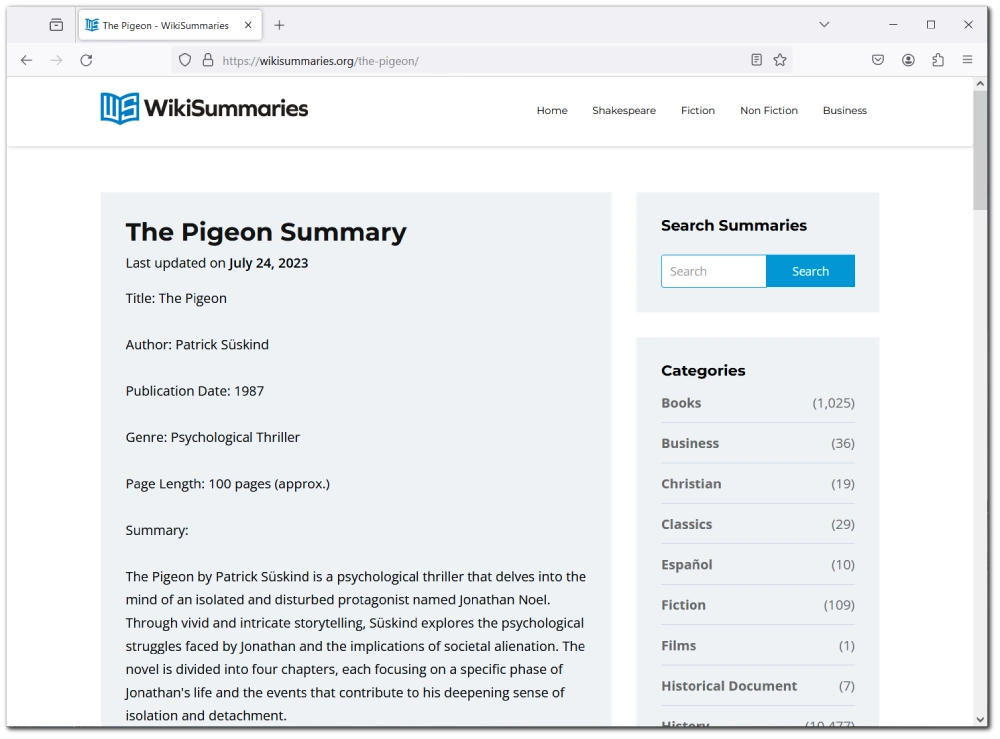
WikiSummaries is a wiki, so anyone can edit content and add new books. All book summaries are free to read, and there are literally thousands of them available.
I like this way, as almost all book summaries aren’t in-depth; many are one-paragraph-length, sometimes even a few sentences. Of course, if you need deeper analysis, that’s bad news, but if you just want to understand whether the book is worth reading, WikiSummaries would be a perfect way to understand the plotline and decide about further reading.
JSTOR
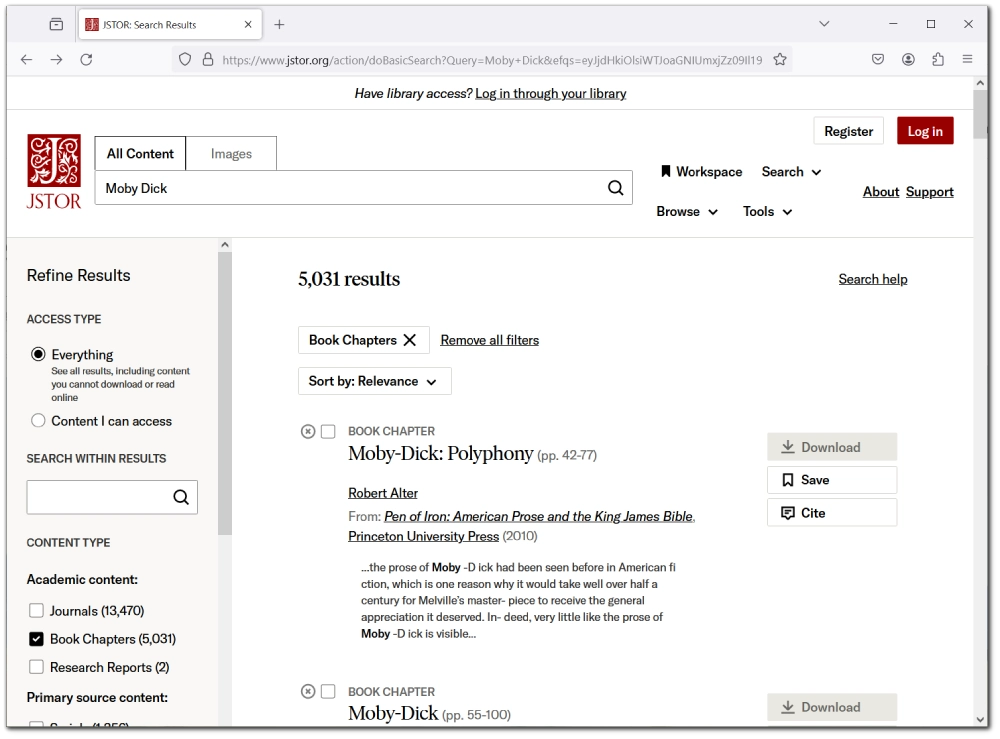
JSTOR is a perfect website for those who need to get an in-depth analysis of a book. It’s a research database that contains book summaries, book reviews, and analyses written by professional literary critics.
JSTOR is aimed at people studying in universities, so the analysis is really deep and can greatly enhance your understanding. However, JSTOR is paid, and the subscription starts at $ 20/month. For that price, you can download up to 10 PDFs a month. To get unlimited access, you may subscribe annually for $200.
Also, there are other options available: you can get free access to free JSTOR content (content from journals, ebooks, research reports, images, media, and special collections) or get free access to up to 100 PDFs a month (during a pandemic) in case you have an institutional affiliation.
BookRags
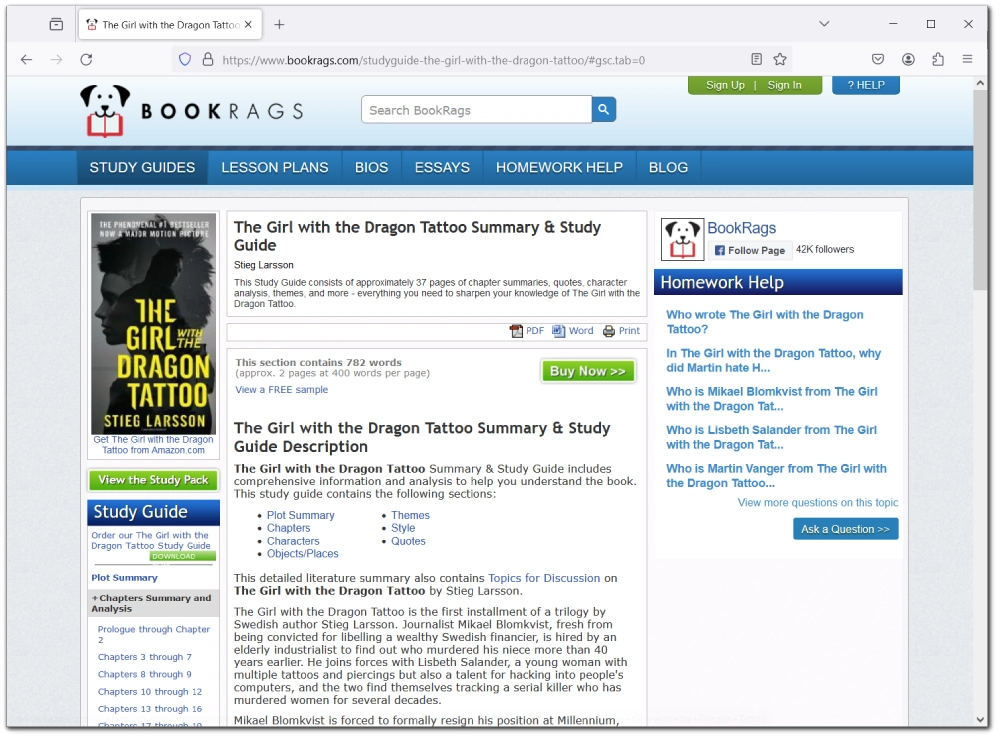
BookRags is focused on students and offers book summaries and reviews, biographies of around 2,000 authors, and lesson plans for teachers.
Also, a Homework Help section allows you to ask specific questions about the books and get answers from other community members.
The bad news is that almost all needed book summaries require a subscription that costs $20/month or $100/year (for Study Pack) or $25/month or $200/year (for Total Pack, which features lesson plans, questions, and essay topics).
Grade Saver
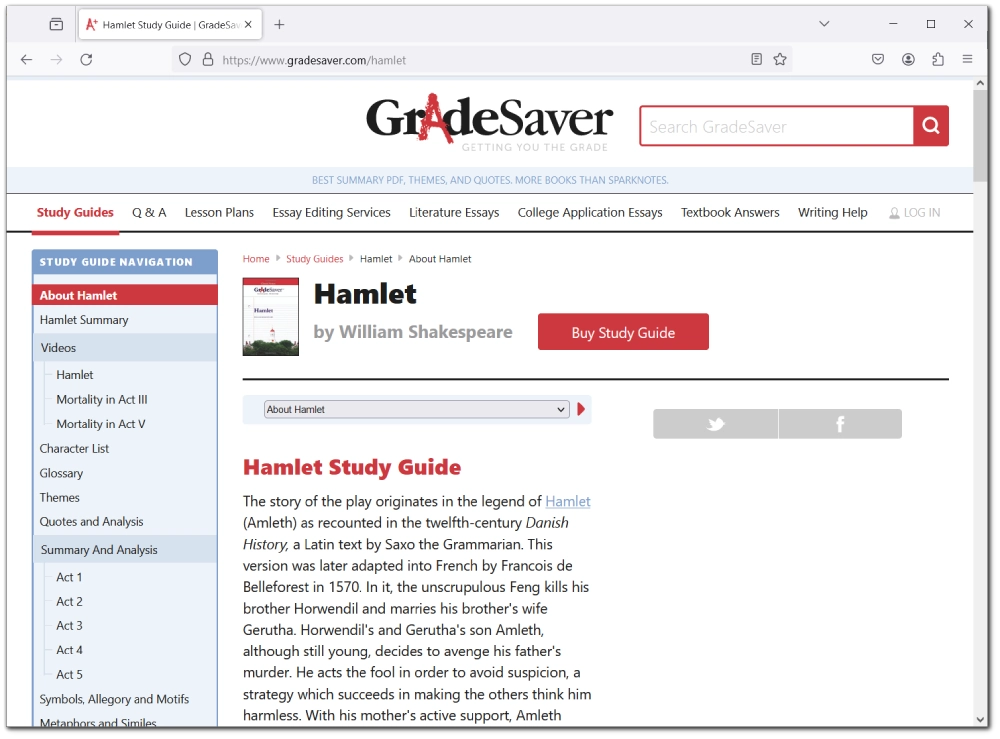
Grade Saver is another service that allows you to read book summaries and reviews. The good thing is that Harvard University students write all book summaries in ClassicNotes.
The book library isn’t as wide as in JSTOR or BookRags, but you will find almost all the books you may read in your school or university.
The strong advantage is that book summaries on Grade Saver are free to read. Moreover, free quizzes and theme guides help you prepare for your exam or test.
If you need full guides, including more information and analysis, you must subscribe. The subscription costs $20/month or $100/year.
LitCharts
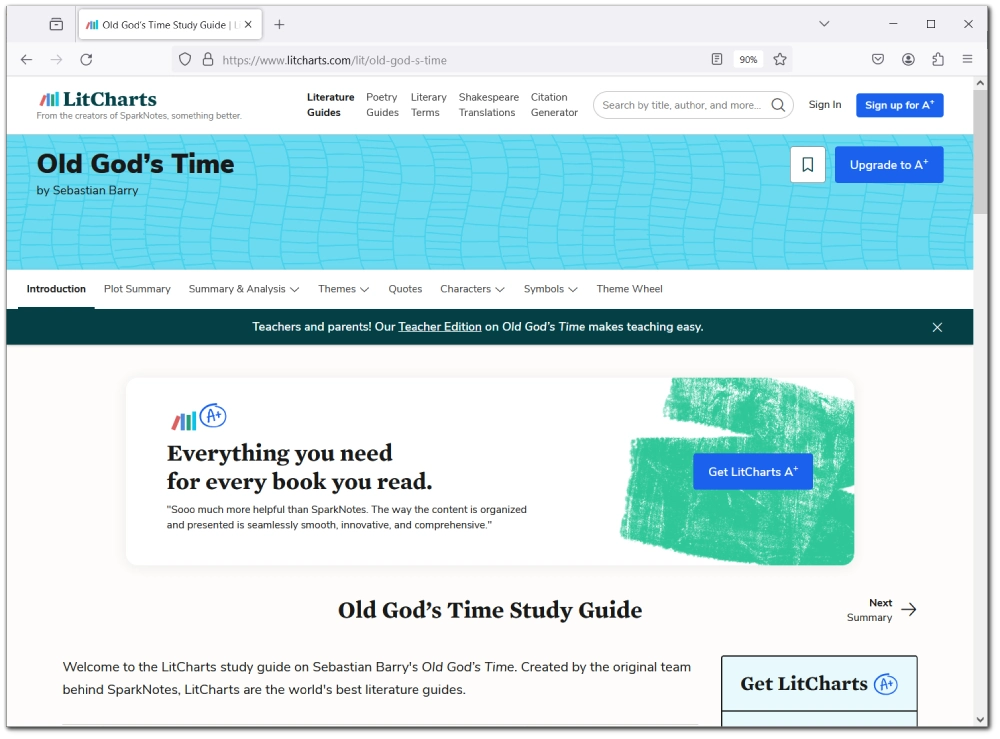
LitCharts is created by the same team behind Sparknotes. The website offers around 1,200 book summaries and analysis articles, poetry analyses, reviews, and a glossary of literary terms.
Even more, for old English literature, there’s a way to read poetry or texts paired with modern English translation to enrich your understanding.
You can read some of the content for free, but you will need to subscribe to get more in-depth content. The subscription costs $10 a month or $60 a year. Members can download book summaries in PDF format, access quote explanations, and use the advanced search.





